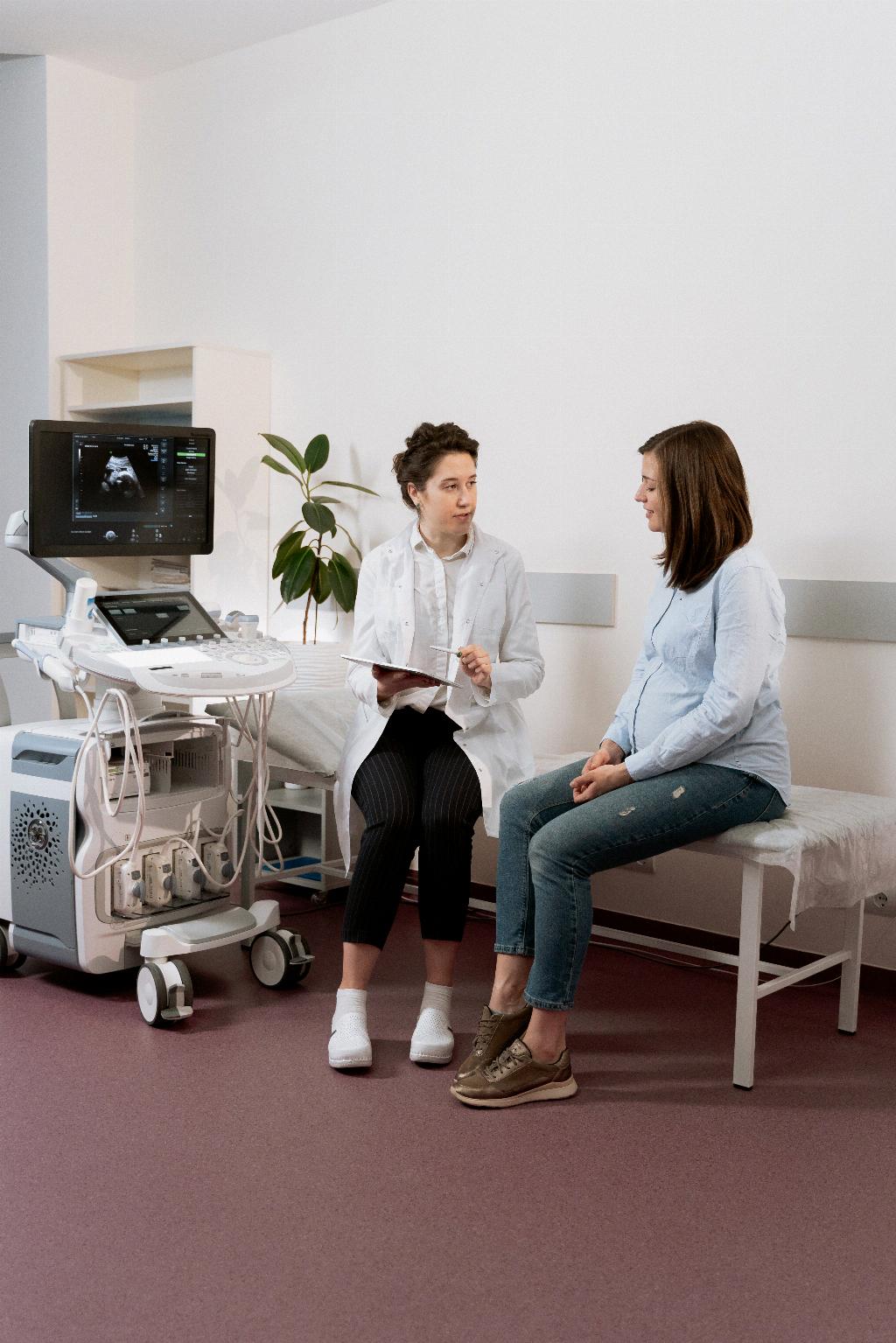One of the intriguing experiences of being pregnant is observing the physical changes that your body undergoes, with the belly button being a focal point for many expectant mothers. While the question of whether you get a belly button in early pregnancy is common, the answer lies in the timeline of your pregnancy and how your body adapts to the growing life within.
The Initial Stages of Pregnancy
During the early stages of pregnancy, typically the first trimester, you may not notice any significant changes in your belly button. This period is characterized by the rapid development of the embryo and the adjustment of your body to accommodate the growing fetus.
Changes in the Second Trimester
As you progress into the second trimester, around weeks 14 to 26, you may start to observe subtle transformations in your abdomen. The most common change women notice during this time is the upward movement of their belly button due to the expanding uterus.
The Role of the Uterus
As the uterus grows to accommodate the developing fetus, it exerts pressure on the abdomen, pushing it forward. This pressure can cause the belly button to change shape and position, leading to the phenomenon commonly referred to as the “popping” of the belly button.
Factors Influencing Belly Button Changes
Several factors can influence the extent to which your belly button protrudes during pregnancy. These include your body’s unique anatomy, the position of the fetus, and the elasticity of your skin and abdominal muscles.
Individual Variations
It’s essential to note that not all women experience significant changes in their belly button during pregnancy. Some may notice a slight protrusion, while others may observe no visible difference at all. These individual variations are normal and should not raise concerns.
Embracing Your Changing Body
During pregnancy, your body undergoes remarkable transformations to support the growth and development of your baby. Embracing these changes, including alterations in your belly button appearance, can be a profound way to connect with the miracle of life within you.
Monitoring Belly Button Changes
While changes in your belly button are a natural part of pregnancy, it’s essential to monitor any unusual signs or symptoms. If you experience severe pain, redness, or discharge around your belly button area, consult your healthcare provider for a thorough evaluation.
Self-Care Practices
Engaging in self-care practices such as gentle belly massages, moisturizing your skin, and wearing comfortable clothing can help alleviate any discomfort associated with belly button changes during pregnancy. Listening to your body’s needs is crucial for a healthy and joyful pregnancy journey.
Celebrating Motherhood
As you navigate the ups and downs of pregnancy, remember to celebrate the incredible journey of motherhood you are embarking on. Your changing body, including your belly button, is a testament to the strength and beauty of bringing new life into the world.
Connecting with Other Mothers
Sharing experiences and insights with other mothers can provide valuable support and camaraderie during your pregnancy. Connecting with a community of expecting mothers can offer a sense of belonging and empowerment as you embrace the changes in your body and prepare for parenthood.
Final Thoughts
In conclusion, while changes in your belly button may not be immediately noticeable in the early stages of pregnancy, the second trimester marks a period of significant abdominal transformations. Embrace the journey of pregnancy with curiosity and acceptance, knowing that your body is gracefully adapting to the miracle of new life growing within.

